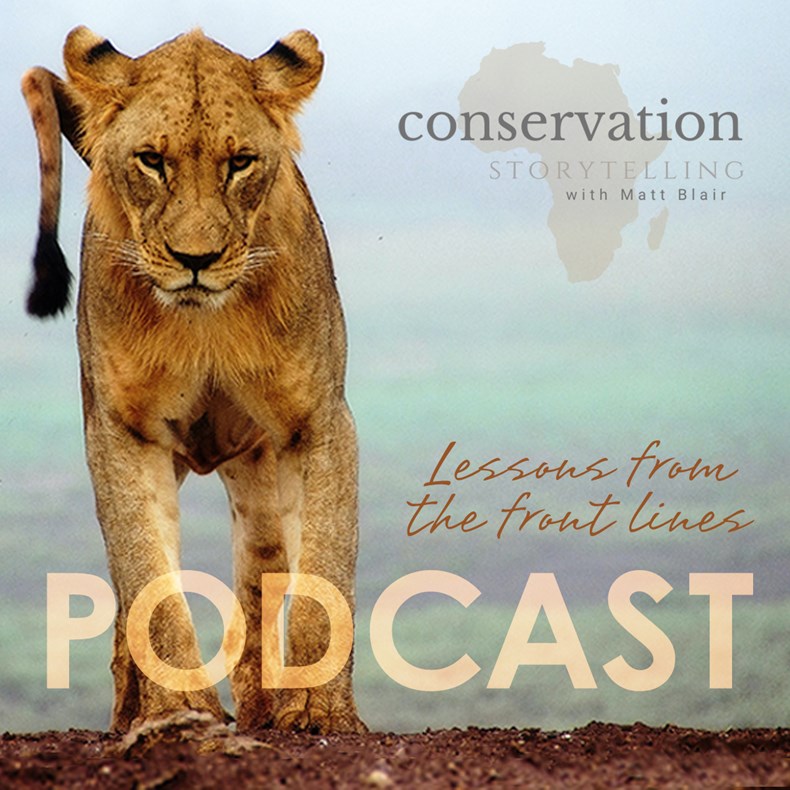Raising the Conservation Flag: Podcast conversations with CWF stakeholders Katja Quasdorf and Beks Ndlovu

“We have a common cause – to save the landscape and alleviate poverty.”
Rusty Mokoro film company has provided the industry with an essential platform for conservation conversations to occur and community awareness to be shared. These dialogues were ignited in the face of adversity during this pandemic – through passion and understanding of our collective responsibility for our remaining landscapes and biodiversity.
Set in the Hwange region of North West Zimbabwe, the Conservation Wildlife Fund (CWF) is a collaborative group of passionate conservationists working together with local stakeholders to ensure the long-term viability of Zimbabwe’s wildlife and habitats. CWF stakeholders Katja Quasdorf, Hideaways and Beks Ndlovu, African Bush Camps reiterate the vital role tourism plays in sustaining our wild spaces.
“Tourism is the sustainable model to funding community and conservation initiatives – it allows for future financial projection and funding for impactful future commitments.”
Successful through individual conservation initiatives in their respective capacities, each tourism enterprise in Hwange National Park contributes to protecting and conserving their surrounding environment. However, through collaborative partnerships, the stakeholders of CWF have managed to accumulate their knowledge and resources in order to tackle issues within the 14 500 km squared of national park, in solidarity. This sharing of information is advantageous in the arena of alleviating poverty and achieving impactful goals in ecological restoration, as well as stability for future pandemics.
“Tourism enterprises support the wild areas as well as the local communities, which form an integral part of the conservation landscape.”
The impact and benefit that tourism has on local communities as well as ecological preservation proves the partnership between tourism and conservation cannot be viewed in isolation. With 60% of revenue coming through the CWF guest bed night levy – and tourism at a pause – reliance on the 40% of donations is a dangerous place to be. Future commitments to travel by postponing trips help sustain current projects, such as anti-poaching units and education programmes in rural schools, as stakeholders are then able to implement strategic financial projection.
Rusty Mokoro founder, Matt Blair, reminds us that we have been bestowed with the responsibility to speak the same language in order to maintain restoration of community livelihood and wildlife conservation. Covid -19 has highlighted the necessity for resilience and preparation, and the collaboration of private and public sector in a shared value system for the frontiers of wildlife and community. Let us engage and encourage unity in turmoil.
Listen to the full podcast here to learn more about the long term necessities and benefits of tourism partnerships for conservation and community initiatives in and around national parks.
Please contact [email protected] if you would like to learn more about contributing to help maintain our wild spaces.
